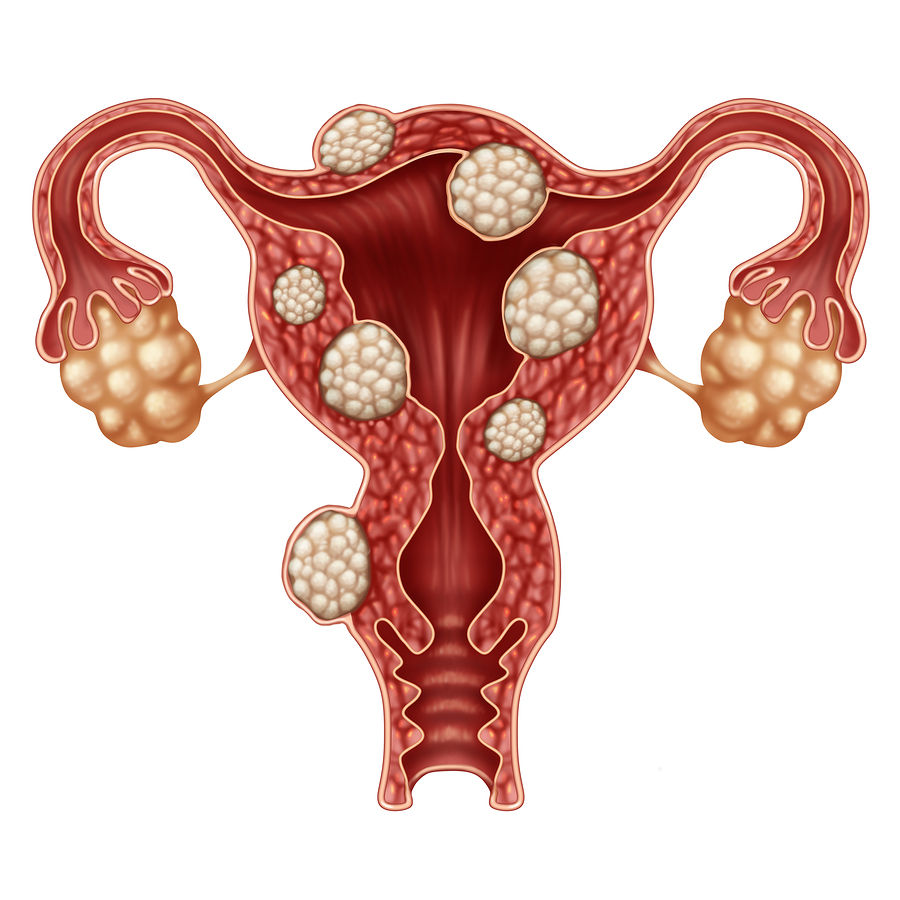Basics of Fibroids (2min Read)
What causes it?
Xeno-oestrogens are one of the main culprits which are found in plastics, toxins in environment and chemical cleaning products to name a few. They get into the bloodstream and begin to wreak havoc on our own hormones. Processed sugar/fats, chronic stress, lifestyle, excess oestrogen, overuse of the contraceptive pill, uterine congestion and excess weight all foster an environment for fibroids to develop and grow.
How does it affect the body?
Fibroids affects women differently, from preventing fertility to making one feel tired and fatigued.
How do you overcome it?
Fibroids respond very positively to change of lifestyle. This primarily includes change of diet and eliminating foods that introduce excess environmental hormones into the body. Reducing chronic stress will also benefit the body to help overcome illness.
Take homes:
- Fibroids are non-cancerous smooth muscle uterine tumours.
- Fibroids may be triggered on by xeno-oestrogens, which typically leach into the blood stream, mimic our natural hormones and wreak havoc.
- By altering our diet from refined/processed foods to more wholesome foods, we can kick-start positive changes in the body.
For great tips and solutions to reducing pain naturally, sign up for your FREE guide ABC to Living Pain-Free today.
References
Bougie, O., Chen, I. and Singh, S. (2016) Influence of diet on development of fibroids and endometriosis, analysis of the national health and nutrition examination survey. Journal of Minimally Invasive Gynecology, 23(7) S111.
Bulun, S.E. (2013) Uterine fibroids. New England Journal of Medicine, 369(14) 1344-1355.
Khan, A.T., Shehmar, M. and Gupta, J.K. (2014) Uterine fibroids: Current perspectives. International Journal of Women’s Health, 6 95-114.
Martín-Merino, E., Wallander, M., Andersson, S., Soriano-Gabarró, M. and Rodríguez, L.A.G. (2016) The reporting and diagnosis of uterine fibroids in the UK: An observational study. BMC Women’s Health, 16(1) 45.
Prusinski, L., Yang, Q., Mas, A., Diamond, M., Walker, C. and Al-Hendy, A. (2016) Early-life exposure to endocrine-disrupting chemicals (EDCs) leads to the development of uterine fibroids by impairing DNA repair capacity in myometrial stem cells. Fertility and Sterility, 106(3) e282.



